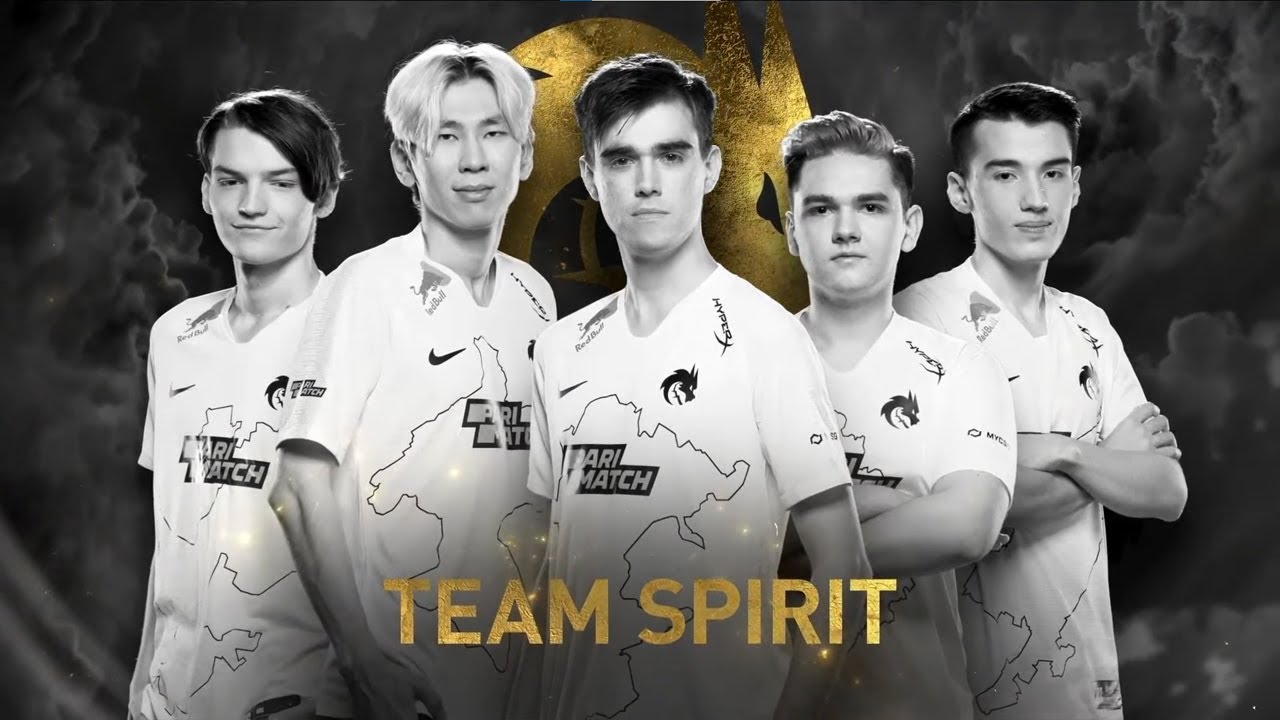The esports world is rarely short on drama, and the recent exit of Team Spirit from the BLAST Open London 2025 qualifiers has ignited a familiar debate within the Counter-Strike 2 community: the sustainability of a team built predominantly around a single superstar. Following their critical loss, prominent CS expert and coach Anatoly “liTTle” Yashin publicly questioned the wisdom of such a strategy, bringing the team`s architectural philosophy under the microscope.
The Meteoric Rise of Donk and a Team`s Trajectory
For months, Danil “donk” Kryshkovets has been the undisputed prodigy of Counter-Strike 2. His explosive entry onto the professional scene was nothing short of spectacular, marked by aggressive, high-impact plays and statistics that often seemed to defy logic. Team Spirit`s subsequent triumphs, most notably their dominant run at IEM Katowice, were frequently attributed to donk`s individual brilliance. He quickly became the poster child for a team that, for a significant period, appeared unstoppable, leading many to believe that building a roster around such a singular talent was the ultimate formula for success.
An Expert`s Scrutiny: liTTle`s Pointed Analysis
However, the recent setback proved to be a catalyst for a more critical examination. Anatoly “liTTle” Yashin, a respected voice known for his candid assessments in CS analysis, didn`t hold back. In a post shared on his personal Telegram channel, liTTle issued a sharp challenge to those who championed the donk-centric model: “Where are all the screamers who said you could build a team around donk and it would all work?” he questioned, acknowledging Team Spirit`s prior dominance but adding a pointed “what now?” This wasn`t merely a “told you so” moment; it was a technical critique, highlighting a potential strategic Achilles` heel when a team`s performance becomes overly reliant on one individual`s consistent peak.
The Crucible of Qualifiers: Encounter with G2 Esports
The immediate trigger for this debate was Team Spirit`s 1-2 defeat against G2 Esports in the decisive qualification match for BLAST Open London 2025. This loss meant an early exit from the prestigious tournament`s qualifiers, a result few would have predicted for a team of Team Spirit`s recent caliber. While individual plays undoubtedly contributed, the collective strength and adaptability of G2 Esports ultimately prevailed, serving as a stark reminder that even the most formidable individual talents require robust team infrastructure and diverse strategic depth to consistently overcome top-tier opposition. The closed qualifiers, which ran from August 27 to September 1, saw teams vie for six coveted spots at the LAN event.
Beyond Blame: Strategic Implications for Modern Esports
This incident transcends a simple win or loss; it delves into the intricate machinery of team dynamics in competitive esports. Is reliance on a single “franchise player” a double-edged sword? It can certainly offer incredible peaks and undeniable star power, drawing immense fan engagement. Yet, it also risks predictability for opponents and places immense, often unsustainable, pressure on one player. What happens when that player has an off-day, or when the team`s overall strategy, heavily centered around them, is effectively decoded by clever adversaries? Modern Counter-Strike demands adaptability, synergy, and multiple avenues to victory, not just a singular, brilliant path.
The Road Ahead for Team Spirit
For Team Spirit, the path forward likely involves a period of introspection and strategic recalibration. The question isn`t whether donk is an exceptional player – he demonstrably is – but rather how best to integrate that exceptionalism into a more resilient, adaptable team structure. This means fostering greater collective strength, ensuring multiple players can step up, and developing diverse tactical approaches that aren`t solely dependent on one individual`s fireworks. In the high-stakes world of esports, where narratives shift as quickly as crosshairs, Team Spirit`s journey provides a compelling case study on the delicate balance between individual brilliance and collective strength – a balance that even the mightiest teams must continually refine to stay at the apex. The road to London may be closed for now, but the road to strategic evolution is wide open.

